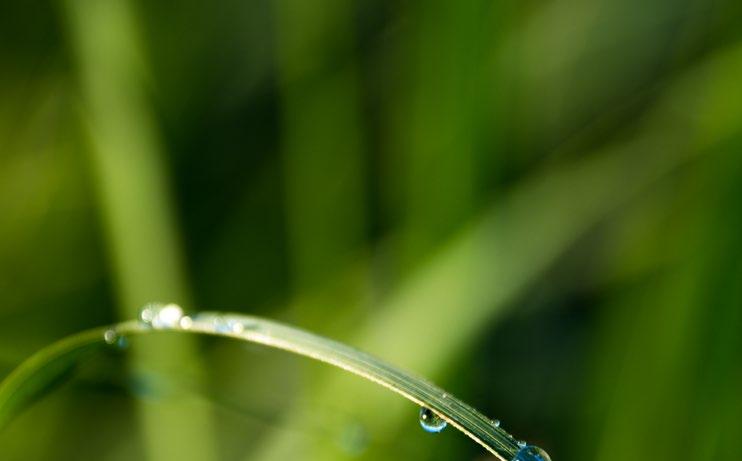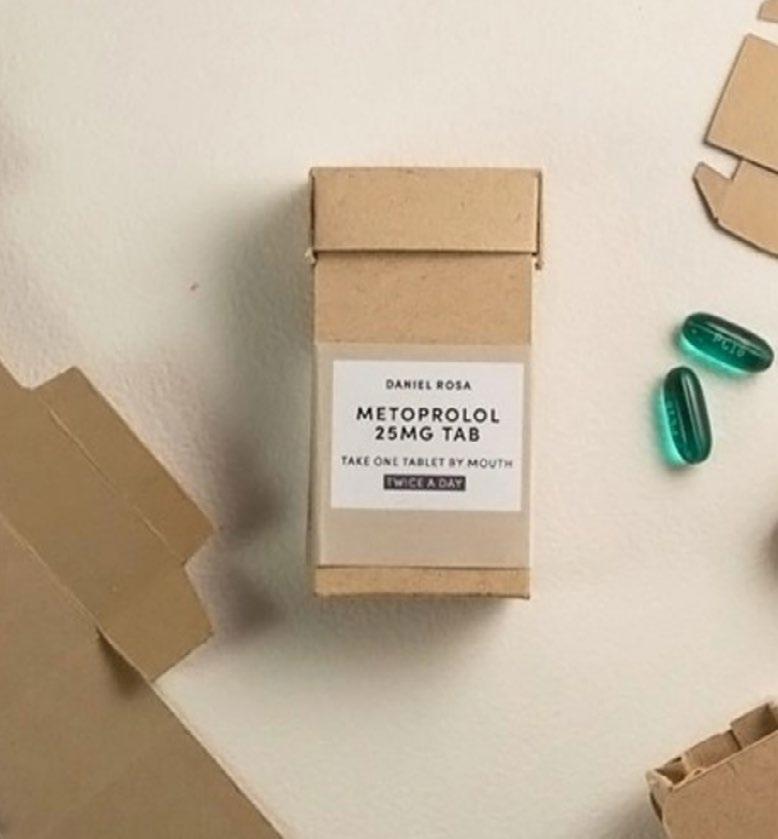Trends you need to know about By Paul Jenkins, Managing Director, ThePackHub
The pharma and healthcare industry continues to deliver many new packaging innovations despite the turmoil of the pandemic. OVID-19 has created disruption, uncertainty and change for all involved in the pharma and healthcare packaging industry. The global pandemic has undoubtedly impacted every part of the packaging supply chain with consumers changing their shopping behaviour, as we experienced an increased shift to e-commerce channels. Despite this turmoil, improving sustainability in pharma and healthcare packaging continues to be of significant focus and is a substantial part of the packaging trends coming through the pipeline. Most brands, retailers and packaging suppliers are working on stretching targets as part of the UK Plastic Pact to achieve 100% recyclable, reusable or compostable packaging by 2025. With just over four years to go, the pace of change is accelerating despite the disruptions mentioned above. In addition, pending plastic tax obligations due for implementation in April next year encourage plastic packaging
4.
use with at least 30% recycled content. This is having an impact on the types of pharma and healthcare innovations that are being developed. However, the initiatives are not all focused on the environment. Finding alternatives to plastic Reducing the impact of plastic is showing little sign of slowing down. Both plastic reduction and elimination have been strong themes for pharma and healthcare packaging, as they have across all categories. Switching out of plastic can be difficult for operators due to its inexpensive nature, its versatility and practicality. It offers security and protection in the pharma sector as well. An example of this is from Tikkun Olam Makers (also known as TOM), which has designed a board-based
packagingbirmingham.com | packaging-london.com
alternative to plastic that fulfils FDA guidelines for water and light barriers, and also as important, child resistance. The child-proof design works through the lid that has tabs that clip into the main body of the container, which can then only be opened by squeezing the pack in pre-defined areas. Once the packs are empty, they can be disposed of alongside the biodegradable label in conventional composting. Another example in this area is from an Australian start-up, which has developed a paper-based alternative to replace plastic for pharmaceutical blister packs. The paper is derived from plant waste. Varden has introduced the new solution called Paperseal and received funding from Horizon Ventures to accelerate expansion. A bespoke machine has been

















